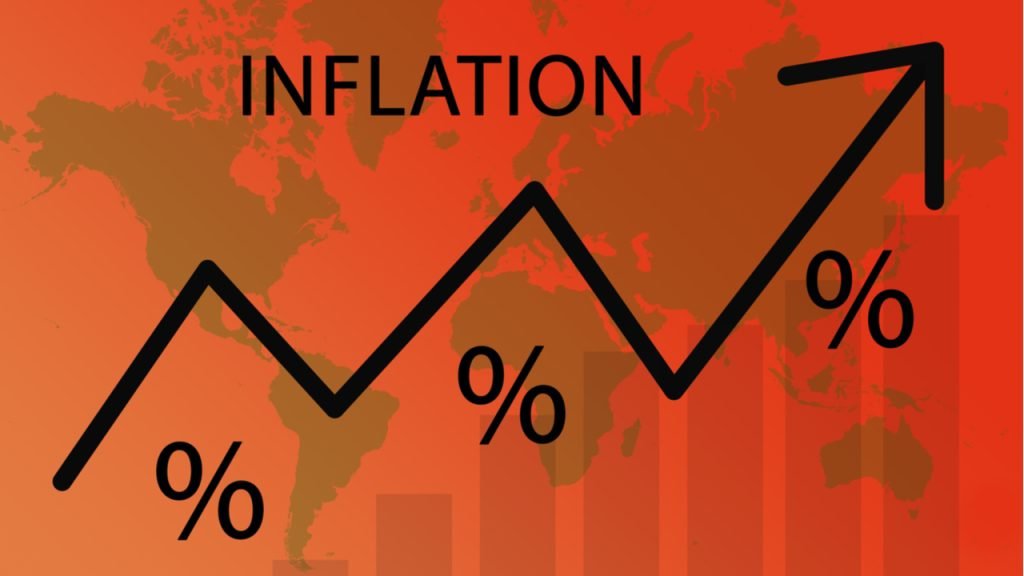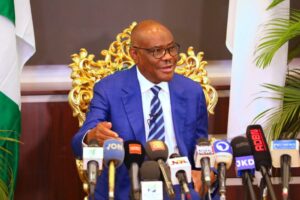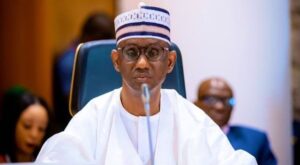Nigeria’s inflation rate jumped to 32.70% in September 2024, a sharp rise from 32.15% recorded in August. This increase, reported by the National Bureau of Statistics (NBS) in its Consumer Price Index and Inflation report for September, has largely been driven by a series of fuel price hikes across the country.
One of the key factors behind this inflation surge is the hike in petrol prices by the Nigerian National Petroleum Company Limited (NNPCL). In September 2024, NNPCL raised the pump price of petrol from N600 per liter to N897 per liter in two separate hikes. These increases took place on September 3rd and September 16th, drastically raising the cost of transportation and, by extension, the prices of goods and services.
Petrol price hikes in Nigeria have a direct impact on inflation, especially in a country where transportation costs are heavily linked to fuel prices. With most goods transported by road, higher transportation costs quickly lead to increased prices for food and other products. This inflationary pressure is felt across the economy, pushing up the cost of living for Nigerians.
The headline inflation rate of 32.70% for September represents a 0.55 percentage point increase from August’s rate of 32.15%. On a year-on-year basis, the inflation rate is 5.98 percentage points higher than the 26.72% recorded in September 2023. This significant rise indicates that the price level has been increasing at a much faster pace in 2024 compared to last year.
The report highlights that this year-on-year increase shows how the average price level in September 2024 is significantly higher than the same period in 2023, with no immediate signs of a slowdown.
Looking at the inflation rate on a month-on-month basis, September 2024 saw a rise of 2.52%, up from 2.22% in August. This indicates that prices increased more quickly in September than they did in the previous month. According to the NBS report, this reflects the faster rate of increase in the average price level in September compared to August.
Food inflation, which is of particular concern to many Nigerians, also saw a slight increase. In September 2024, food inflation rose to 37.77%, up from 37.52% in August. This rise is linked to the higher cost of transporting food items, as the increased cost of fuel has made it more expensive to move goods from farms to markets.
In Nigeria, food prices tend to rise sharply when transportation costs go up. The country relies heavily on road transportation, and farmers must transport their produce over long distances to get them to markets. The added cost of fuel has caused food prices to rise, squeezing household budgets and making it harder for people to afford basic necessities.
Interestingly, the spike in September inflation follows a brief period of inflation decline in July and August 2024. In those months, Nigeria recorded a slight dip in inflation, giving hope that price stability might be returning. However, the sharp rise in petrol prices in September quickly reversed that trend, leading to the current surge in inflation.
In response to rising inflation, the Central Bank of Nigeria (CBN) took steps to tighten monetary policy. During its Monetary Policy Meeting held on September 27th, 2024, the CBN raised the country’s interest rate by 50 basis points to 27.25%. This marks an effort by the central bank to control inflation by making borrowing more expensive and encouraging saving. However, higher interest rates could also slow down economic growth and make it harder for businesses to expand.
The CBN’s decision reflects the challenges of balancing inflation control with economic growth. The rise in interest rates is aimed at reducing inflationary pressure, but it may also affect borrowing costs for both businesses and consumers.







